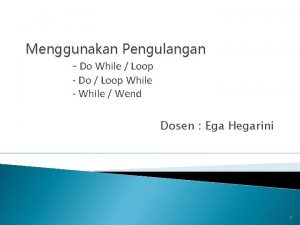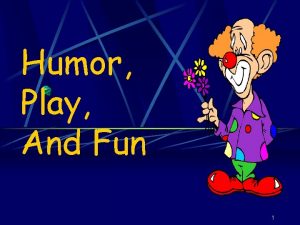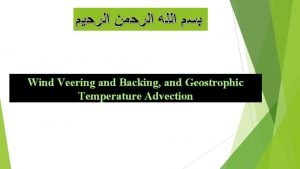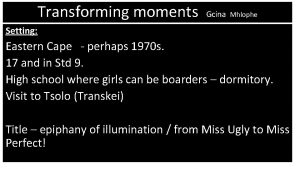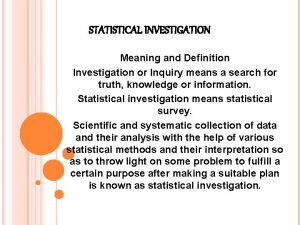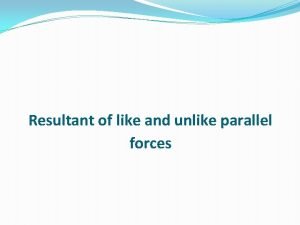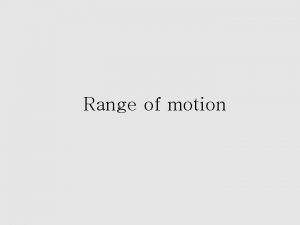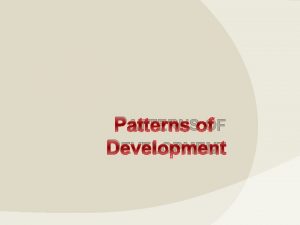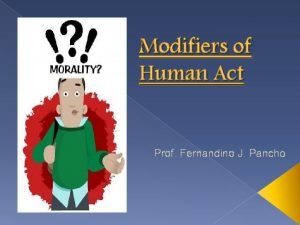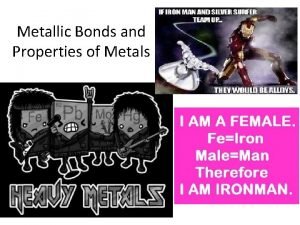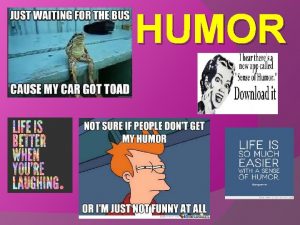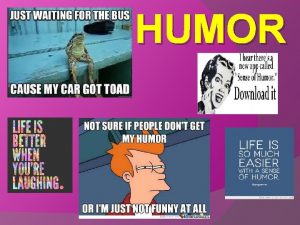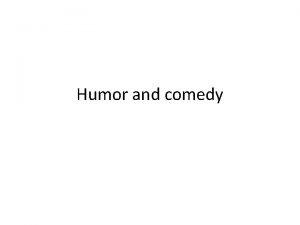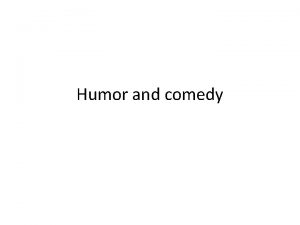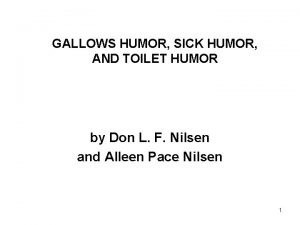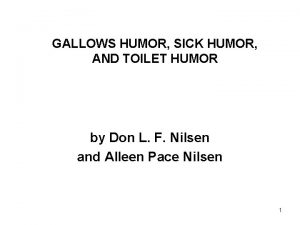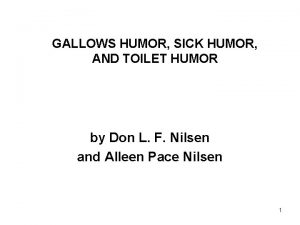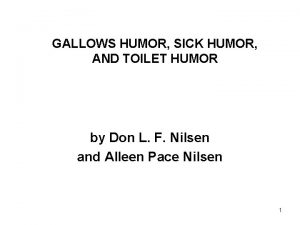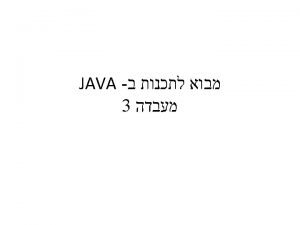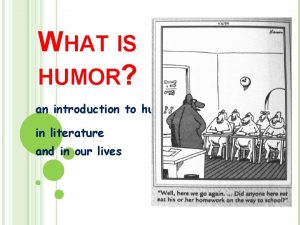TYPES OF HUMOR HUMOR While humor has meant















- Slides: 15

TYPES OF HUMOR

HUMOR • While humor has meant several different things in its existence, we use to to mean a type of writing that's purpose is to induce laughter.

HUMOR CONTINUED • Humor uses observation of human nature to discover what we all have in common. It appeals to anyone who is sympathetic.

BLACK (DARK) HUMOUR • Humor that is viewed as dark, morbid, cruel, offensive to some, and or graphic in nature and is yet, still found funny. http: //yalenusblog. files. wordpress. com/2013/0 1/dark 1. jpg

DEADPAN HUMOUR • Humor that is viewed as dark, morbid, cruel, offensive to some, and or graphic in nature and is yet, still found funny. http: //www. whatisall. com/wpcontent/uploads/2011/11/Dry-Humor. gif

INNUENDO • a statement which indirectly suggests that someone has done something immoral, improper, etc. http: //www. merriam-webster. com/dictionary/innuendo Graze on my lips, and if those hills be dry Stray lower, where the pleasant fountains lie. (Venus and Adonis by William Shakespeare)

VERBAL IRONY • A figure of speech in which the actual intent is expressed in words that carry the opposite meaning.

SITUATIONAL IRONY • A situation in which actions have an effect that is opposite from what was intended, so that the outcome is contrary to what was expected Dictionary. reference. com

MALAPROPISM • An amusing error that occurs when a person mistakenly uses a word that sounds like another word but that has a very different meaning Merriam Webster Online

PUN • Using a word in a way to suggest more than one meaning

RIDDLE • A statement with a double or veiled meaning put forth as a puzzle to be solved. Wikipedia "Which creature has one voice and yet becomes four-footed and two-footed and threefooted? "

SATIRE • Satire blends a censorious attitude with humor and wit to improve the human condition. Satire will attack society (not one person) and its audience is the “self-satisfied. ” The most important thing about satire is its purpose.

SLAPSTICK • Physical comedy with broad humour, absurd situations, and vigorous, usually violent action. Encyclopaedia Britannica Online.

WIT • Wit used to mean 'knowledge' and was used to signify 'intellect'. The word still holds a bit of its old meaning. For instance, when we call someone a 'halfwit' or a 'witless wonder', we are implying that they have no intelligence.

WIT CONTINUED • To say something is witty now means to use words in a clever manner to make something funny. This usually results in plays on words, double entendres, and clever puns. The audience for wit is the intelligent.
 Humor
Humor While do loop
While do loop Different types of humor
Different types of humor Types of humor
Types of humor Lvn scope of practice texas
Lvn scope of practice texas What is meant by “the wind is backing”?
What is meant by “the wind is backing”? Conflict in transforming moments
Conflict in transforming moments Keratin definition forensics
Keratin definition forensics Statistical investigator meaning
Statistical investigator meaning Double entry system
Double entry system Sections of solids
Sections of solids Resultant of like and unlike parallel forces
Resultant of like and unlike parallel forces Extension of shoulder
Extension of shoulder Define each of the patterns of development
Define each of the patterns of development Antecedent passions is not a principle of passion
Antecedent passions is not a principle of passion Metallic bonds
Metallic bonds

